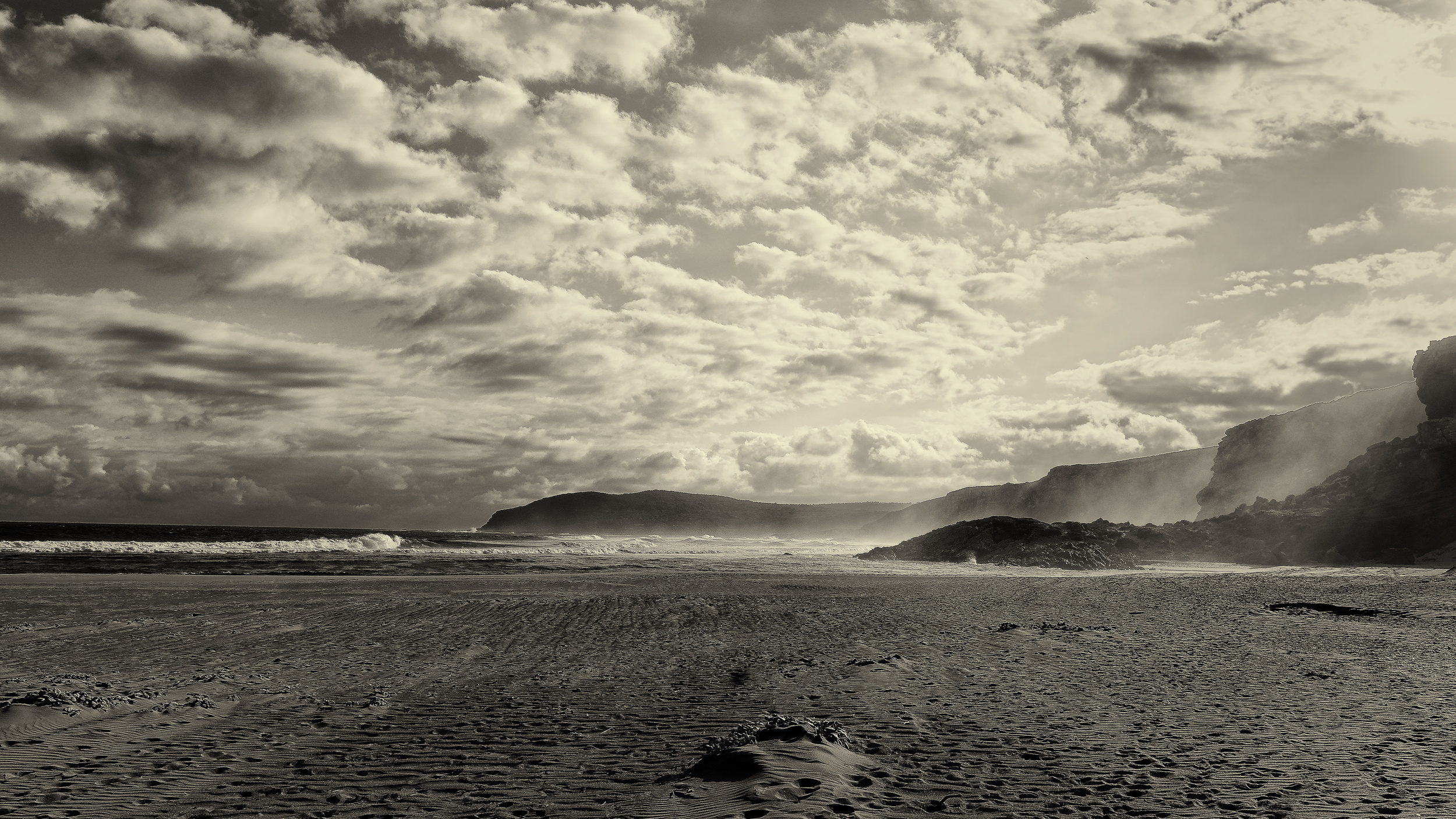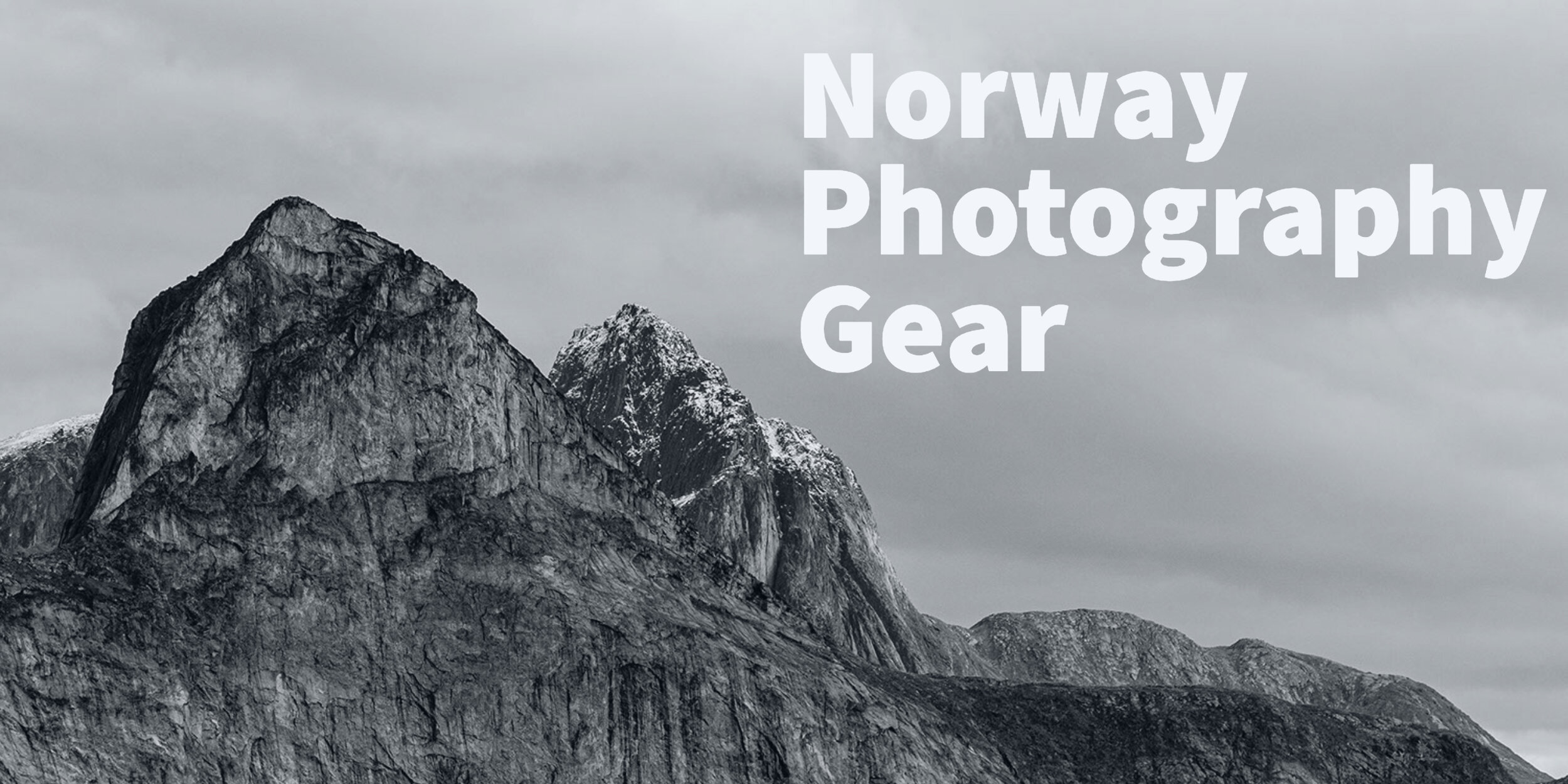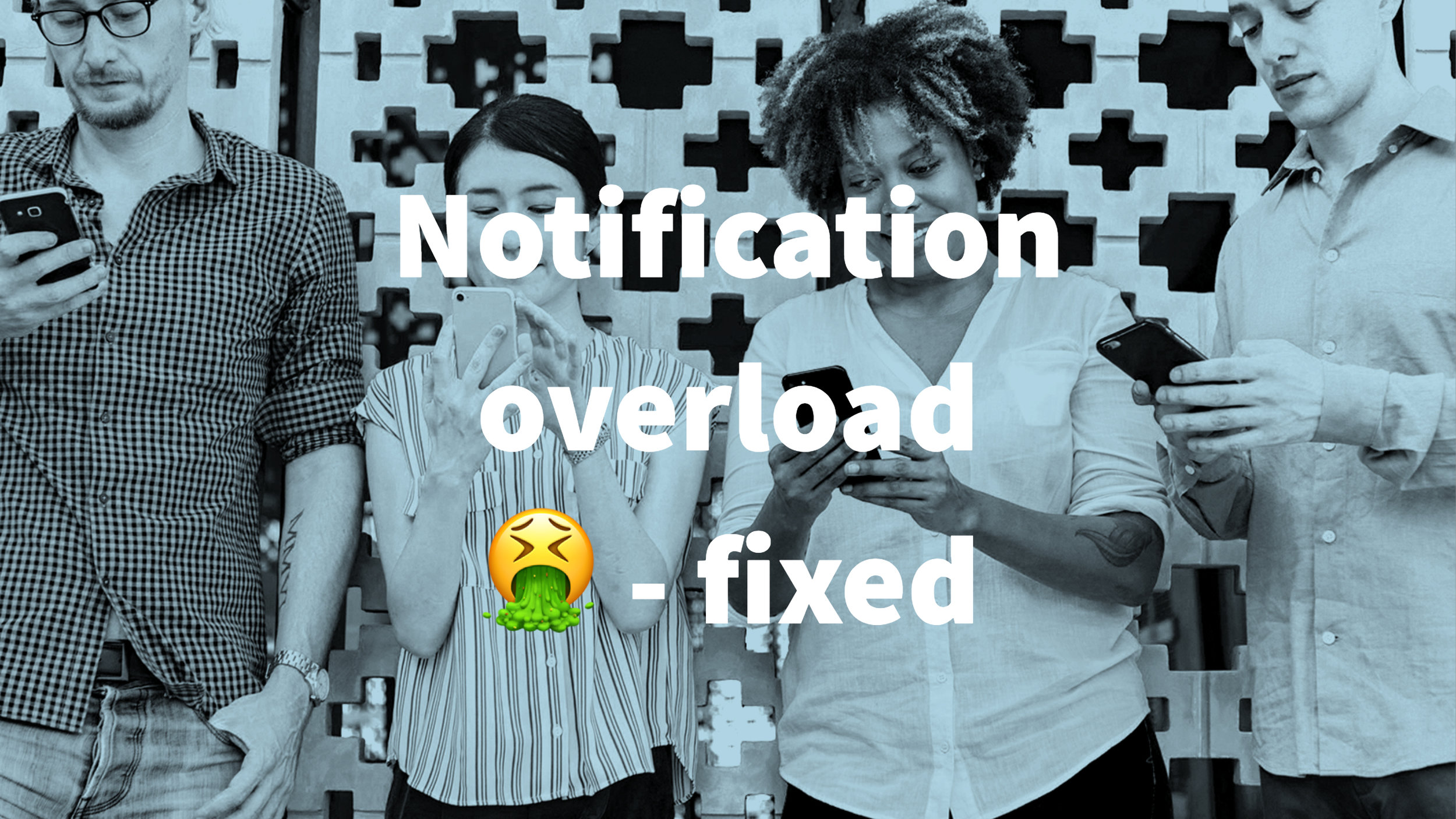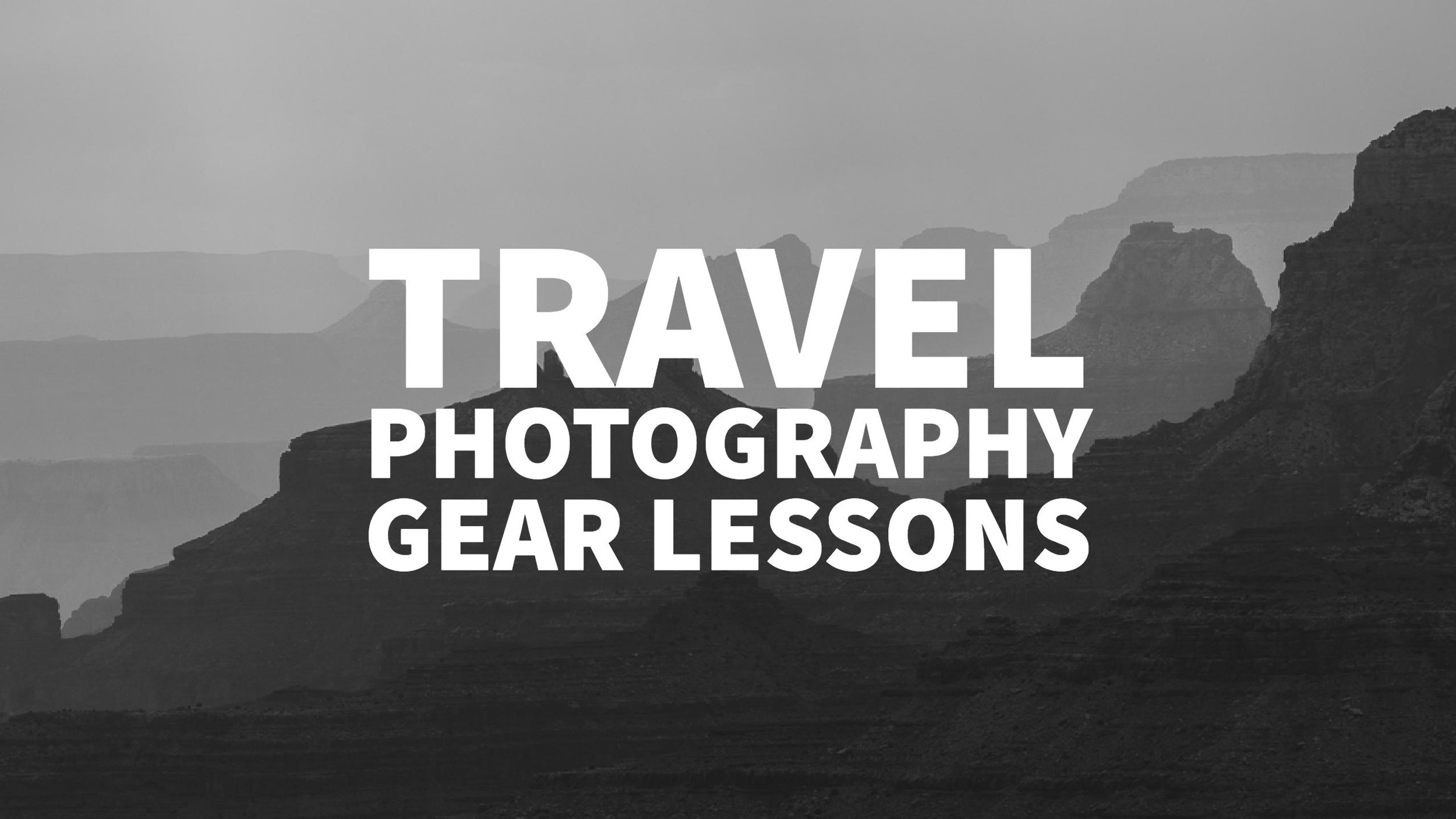In the last lessons I talked about the mindset of an art director. It's different from a graphic designer in many aspects. It is often difficult to explain what is different, so I will try to make an example - a situation that every graphic designer who is working not just for himself has faced. The "too small font issue".
The font is not small, is elegant
Picture this; you have to do a brochure or an image folder. You have a nice brief and the text is ok. Everything is set, you start doing the layout. You choose the colors, the font, and the images to use a make a nice modern layout. The client has no clear Corporate Design (and if, who cares anyway, this is about image and not rules). The layout reflects the latest trend in modern graphic design, but you adjusted it a little to the audience of your client - you used the minimal style instead of the grunge ;-)
Now you present the work to your client and guess what - he rejects it. At first you will ask what he didn't like and he will give you some really bizarre answers. If you have a client that is used to handle graphic designers he will immediately state that the font is too small. You might say: "No, its 8pt, that's pretty large. I have absolutely no problem reading it. And by the way, it's not small, it's elegant." In the end you will have to increase the size of the texts. You don't want to lose the client, but you are also fed up, so you do as little as you can to change the layout.
Causing problems
The biggest problem of such a situation is, that you didn't discuss about content but problems. You did not discuss with you client about the great graphical idea you had. You caused your client a problem, because he could probably not read the text. Or if he could, maybe his clients are mid-agers around 50 - and they for sure have a problem with a font in 8pt. You are now in the eyes of the client a problem maker and not a problem solution and this is not good for further business.
Avoiding problems
An art director knows ahead what problems could arise and what could distract the client from thinking of him as a great problem solver and communicator. He knows that a bad presentation is killing the idea and not readable text is a red flag for executives and even worse for the consumer. No white text on light gray background, no all caps text ... you know all the cool stuff. But in the end you have to think about delivering the message. It's your job to not make it boring, but it's not your job to make it an effort to get the message. A design can be elegant even with big letters; you just have to design it right. And think always, styling trends are like fashion - they change every couple of years. If you look back on some layouts you made in the past you will think about the colors or the pictures, but I'm sure you will not notice how big a font was.












